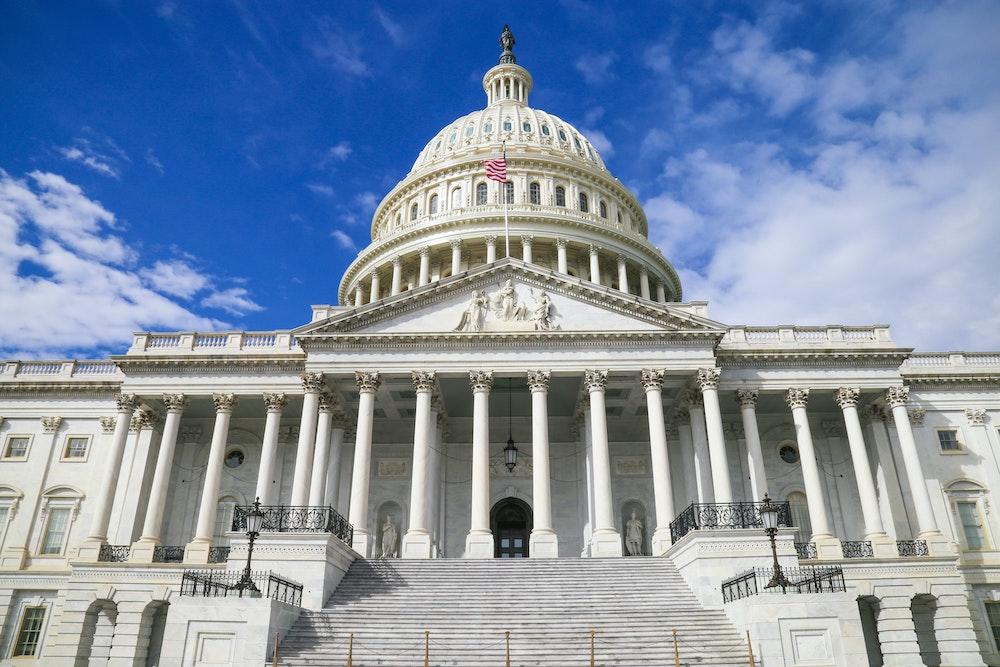
Nearly 50 Democratic and independent members of Congress are appealing to the U.S. Department of Health and Human Services to tighten regulations protecting the privacy of health information.
In a letter Tuesday to Secretary Xavier Becerra, they asked that the department enact more precautions to ensure that law officers obtain a warrant before seeking the release of any medical records, prohibit law enforcement agencies from sharing records and require that the person involved is informed of the warrant.
Sens. Ron Wyden of Oregon and Patty Murray of Washington and Rep. Sara Jacobs of California spearheaded the letter. Seventeen senators, including Washington’s Maria Cantwell, as well as 27 representatives, including Oregon Democrats Suzanne Bonamici, Earl Blumenauer, Val Hoyle and Andrea Salinas and Washington’s Pramila Jayapal. The only non-Democrat who signed the letter was an independent, Sen. Bernie Sanders of Vermont.
Their letter came a month after 20 conservative attorneys general called on the Health and Human Services secretary to drop a proposal to protect reproductive health records.
In April, the department issued its proposal for tightening federal privacy regulations for reproductive health care and other medical records under the Health Insurance Portability and Accountability Act, or HIPAA. The department said in its proposal that changes were necessary following the U.S. Supreme Court decision last year in Dobbs v. Jackson Women’s Health Organization to overturn abortion rights nationwide.
“Following the Dobbs decision in 2022, laws enacted or effective in a number of states raised the prospect that highly sensitive (public health information) would be disclosed under circumstances that did not exist before the Supreme Court’s decision, generating significant confusion for individuals, health care providers, family, friends and caregivers regarding their ability to privately seek, obtain, provide or facilitate health care,” the agency said.
The changes added extra protection for providers, insurers, patients and others to safeguard private medical information in investigations or prosecutions. But the congress members who signed the letter said they didn’t go far enough, noting that while doctors cannot be forced to testify, law enforcement agencies can subpoena records without showing probable cause of a crime or without the oversight of a judge.
“The ability of law enforcement agencies to subpoena these records undermines patients’ legal protections, particularly in an era of digital health records, where every patient interaction is carefully documented,” the letter said. “HHS should ensure that Americans’ (public health records) receive the greatest degree of protection under federal law.”
They want law enforcement agencies to obtain a warrant from a judge to seek records from doctors, pharmacists or other health care providers.
“This change would align federal health privacy regulations with the protections for Americans’ medical records under the Fourth Amendment and is consistent with the protections afforded to other sensitive data under federal law and the Fourth Amendment,” the letter said, pointing out that police need warrants to tap phone calls or obtain emails or text messages.
They also said that informing patients when their health information is disclosed to law enforcement would be consistent with procedures for wiretaps and bank subpoenas.
“Americans expect their (health records) to be at least as private as their email and text messages, phone calls and location data. While federal and state courts around the country have recognized the importance of protecting Americans’ medical privacy, HHS’ regulations have lagged behind,” the lawmakers wrote.